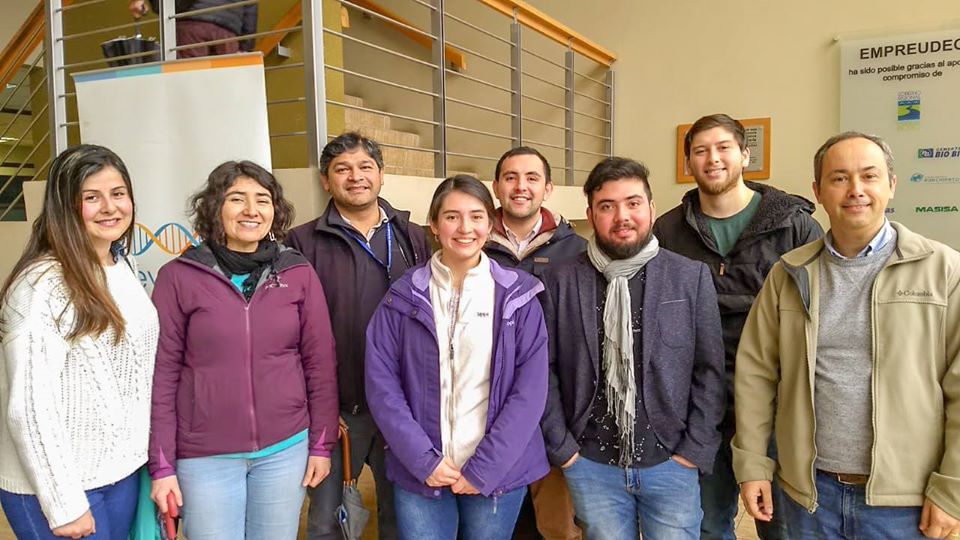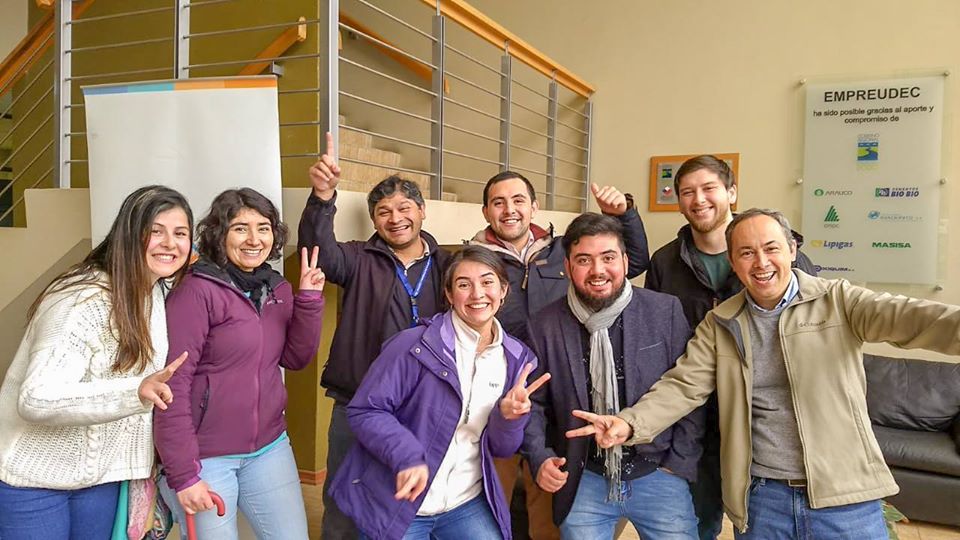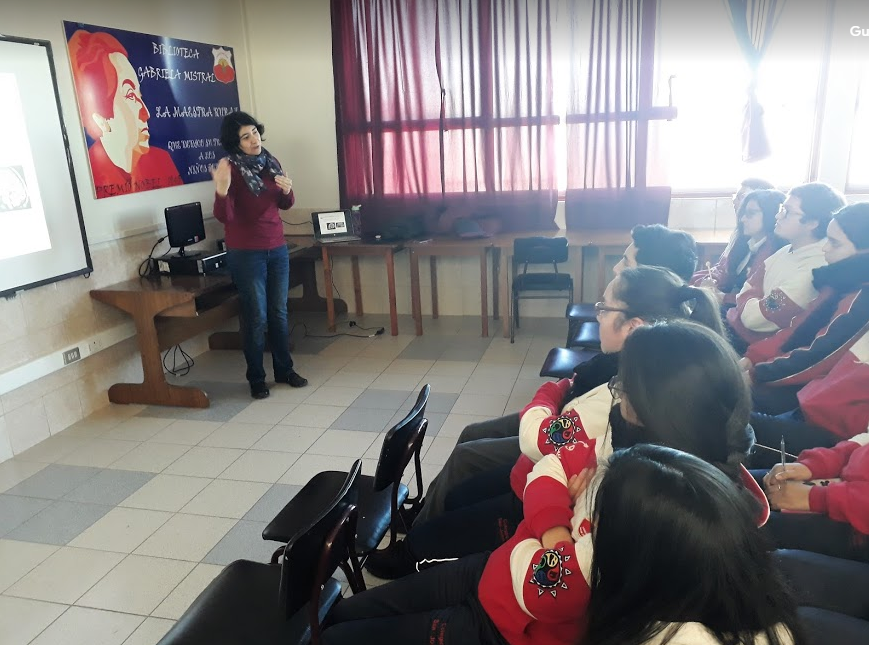Project Type: FONDECYT Initiation #11121644
Position: Principal Researcher
Award Year: 2012. Ending Year: 2015.


Descripción
This project sought to develop and optimize tools for the study and analysis of brain connectivity, using Difussion Magnetic Resonance Imaging (dMRI) data.
The studies are based on High Angular Resolution Difussion Imaging (HARDI) images.
These present very high quality, due to the advancement of acquisition technologies, as well as the acquisition itself (long duration, dedicated to research) and the performed post-processing, which seek to provide a solid base for the study of the healthy adult human brain.
The main results of this project contemplate:
Other interesting results are:
Undergraduate Theses related to the project
| Student | Thesis | Defense Date |
|---|---|---|
| Ignacio Osorio W. | Electronic Civil Engineering Thesis: “Software for the Interactive Visualization and Extraction of Brain Fibers” | December 31st, 2015. |
| Danilo Bonometti B. | Electronic Civil Engineering Thesis: “Visualization of Brain Fibers” | April 1st, 2015. |
| Daniel Seguel B. | Biomedical Civil Engineering Thesis: “Automatic Algorithm for the Segmentation of Short Association Fibers of the Human Brain” | March 17th, 2015. |
| Claudio Román G. | Biomedical Civil Engineering Thesis: “Short Brain Fibers Clustering Calculated from Difussion Magnetic Resonance Imaging Images” | January 16th, 2015. |
| Miguel Guevara O. | Biomedical Civil Engineering Thesis: “Algorithm for the Automatic Segmentation of Short Brain Fibers of the Fronto-Parietal Region and the Insular Cortex” | January 16th, 2015. |
| Pablo L. Silva P. | Biomedical Civil Engineering Thesis: “Parcellation of the Brain Cortex Based on the Anatomical Connectivity” | May 29th, 2014. |
| Eduardo Venegas A. | Electronic Civil Engineering Thesis: “Development of a software for the interactive manipulation of brain fibers” | July 18th, 2014. |
| Nicole A. Labra A. | Biomedical Civil Engineering Thesis: “Optimization of Algorithm for the Classification of White Matter Fibers based on the Brain Fascicles Atlas” | April 30th, 2013. |
| Edison Pardo R. | Electronic Civil Engineering Thesis: “Study of the Variability of the Connections of Short Association of the Human Brain” | April 4th, 2013. |
| Gabriel E. Varela M. | Biomedical Civil Engineering Thesis: “Calculation of Diffusion Tensor Indices from the Westin Algorithm” | April 4th, 2013. |
Postgraduate Theses related to the project
| Student | Thesis | Defense Date |
|---|---|---|
| Claudio Román G. | Master of Engineering Sciences w/m in Electrical Engineering. “Segmentation of brain short brain fibers based on hierarchical Clustering from HARDI database” |
November 30th, 2016. |
| Miguel Guevara O. | Master of Engineering Sciences w/m in Electrical Engineering. “Parcellation of the brain cortex based on fiber atlas calculated from tractography” |
January 30th, 2016. |
| Nicole Labra A. | Master of Engineering Sciences w/m in Electrical Engineering, (co-director) “Quick segmentation of white substance brain fibers” |
January 28th, 2015. |





